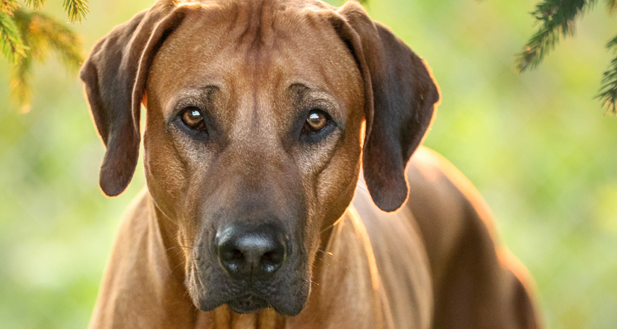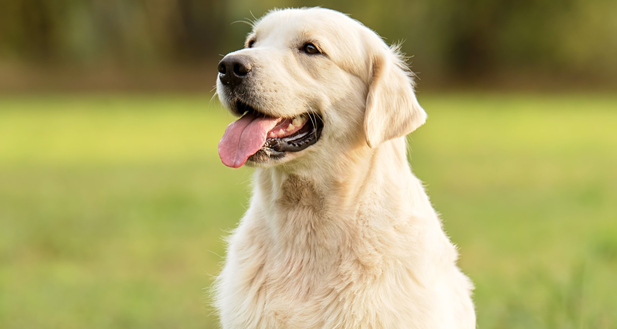At Embark, our scientific discoveries are powered by customers like you. Every dog tested helps us unlock new insights about dog health, behavior, and more.
By testing with us and completing research surveys, you’re fueling future discoveries that can help all dogs.


















